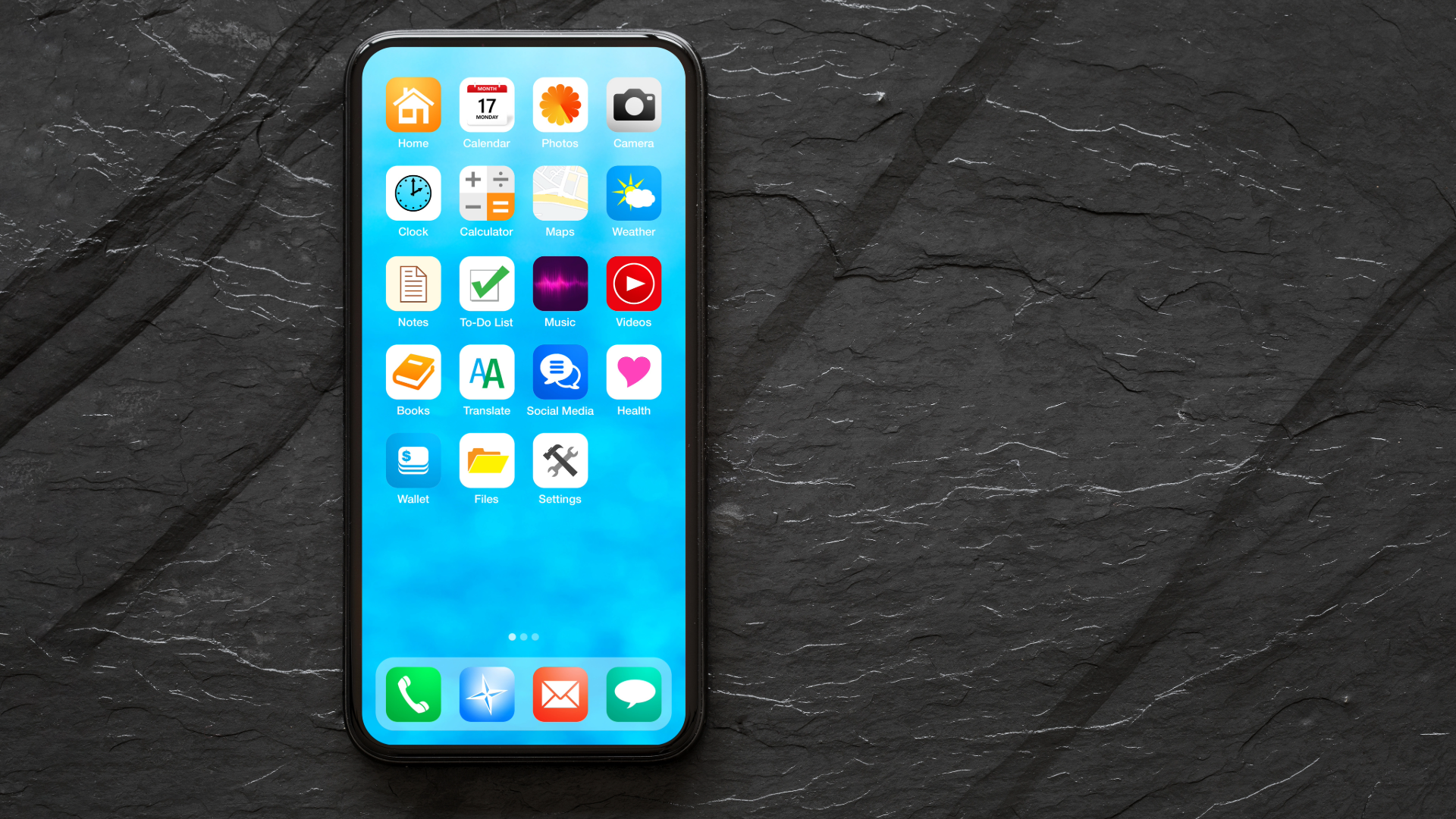Why You Need Life Insurance
Life Insurance Matters

Life insurance can be an essential financial tool for many people, providing several benefits and serving different purposes depending on individual circumstances. Here are some reasons why you might need life insurance:
1. Financial Security for Dependents: If you have family members who rely on your income, life insurance can ensure that they continue to have financial support in the event of your death. This can help cover living expenses, education costs, and other necessities.
2. Debt Coverage: Life insurance can help cover any outstanding debts you may leave behind, such as a mortgage, car loan, or credit card debt. This prevents your family from being burdened with your financial obligations.
3. Income Replacement: For families who depend on a primary breadwinner, life insurance can replace lost income, allowing the surviving spouse and children to maintain their standard of living.
4. Funeral and Burial Expenses: Life insurance can help cover the costs associated with your funeral and burial, alleviating the financial burden on your family during a difficult time.
5. Estate Planning: For individuals with significant assets, life insurance can be a tool for estate planning, helping to manage taxes and ensuring that assets are distributed according to your wishes.
6. Business Protection: If you are a business owner, life insurance can protect your business by funding a buy-sell agreement, covering the loss of a key employee, or providing liquidity to keep the business running smoothly.
7. Legacy and Charity: Some people use life insurance to leave a legacy or make charitable contributions, ensuring that their values and priorities are supported after they are gone.
Overall,
life insurance is about providing peace of mind, knowing that your loved ones will be financially secure in your absence. The need for life insurance varies based on individual circumstances, such as family structure, financial situation, and personal goals.
Recent posts



